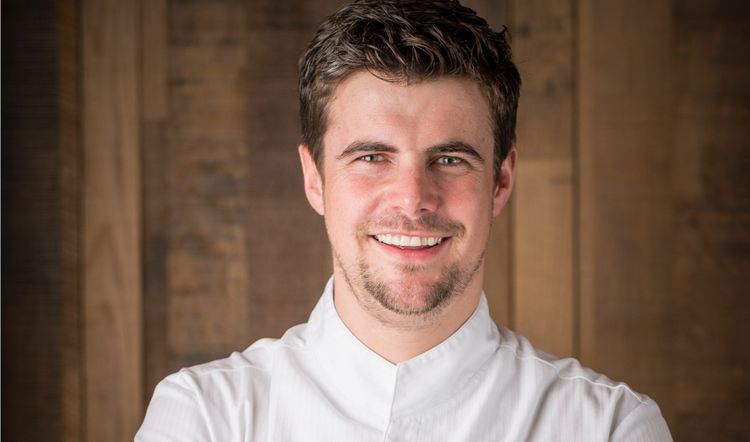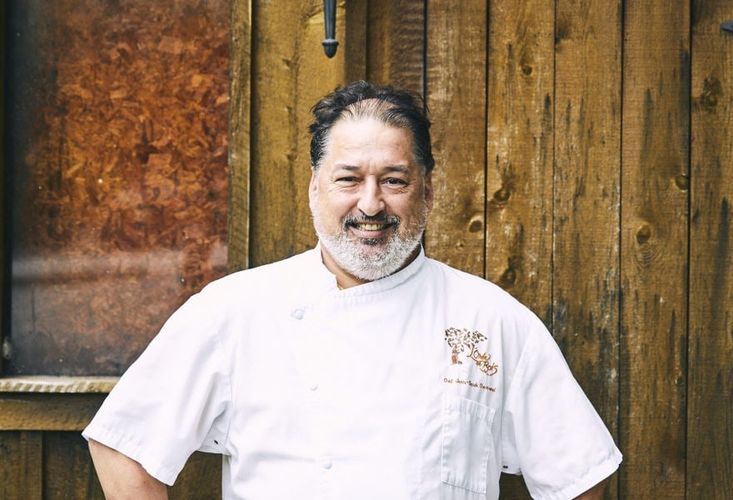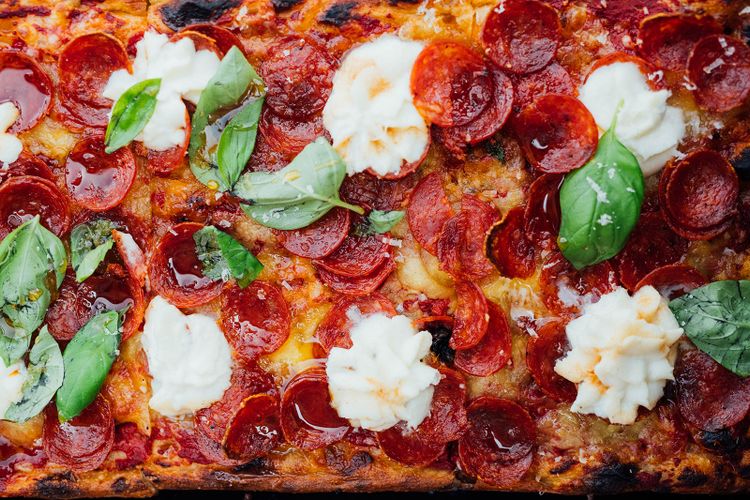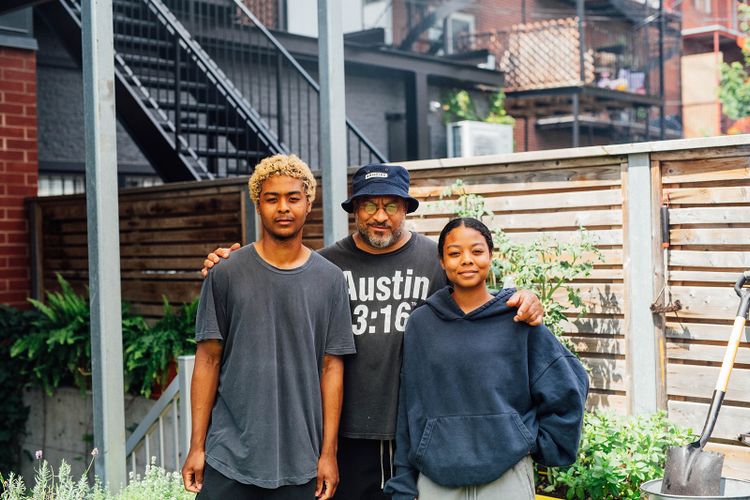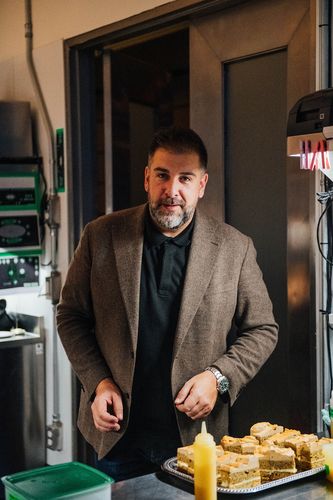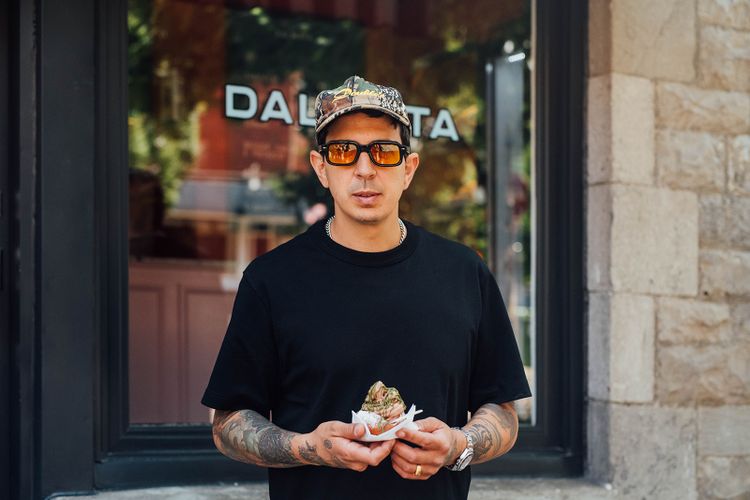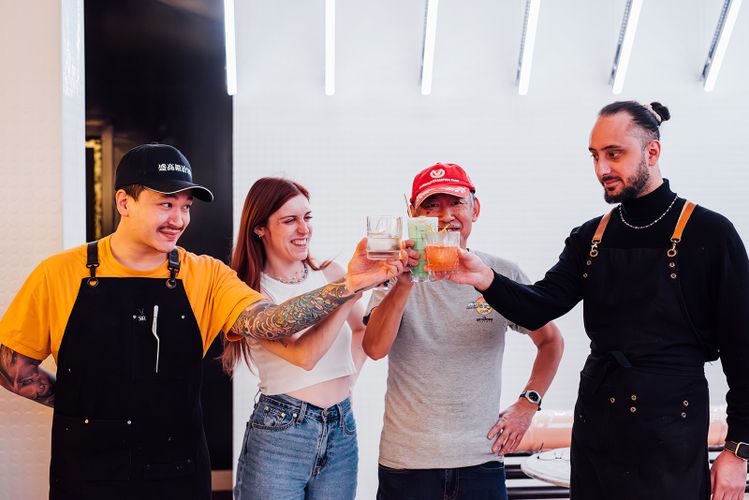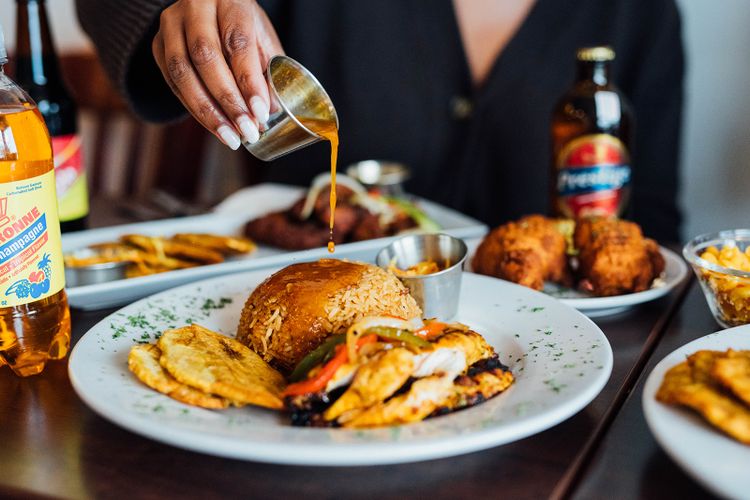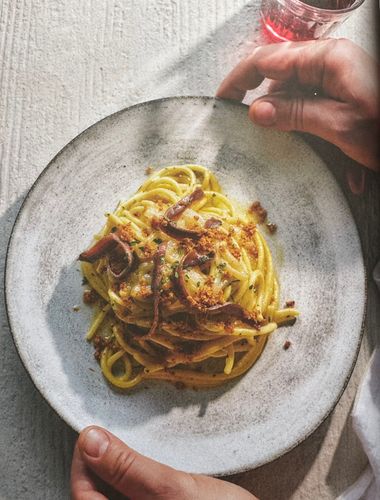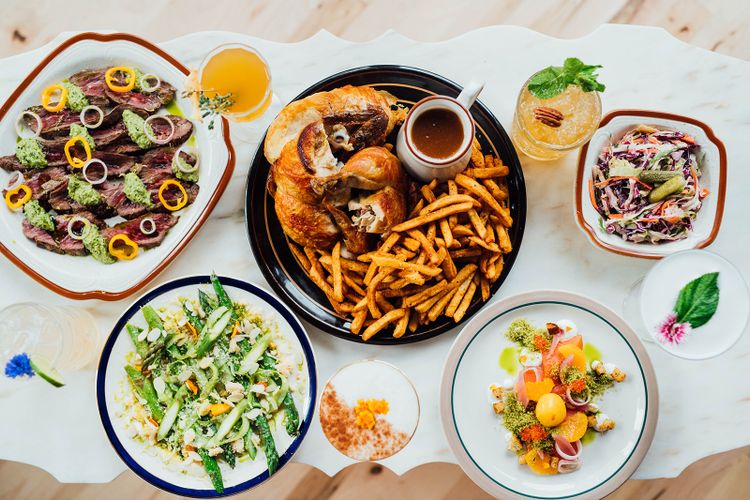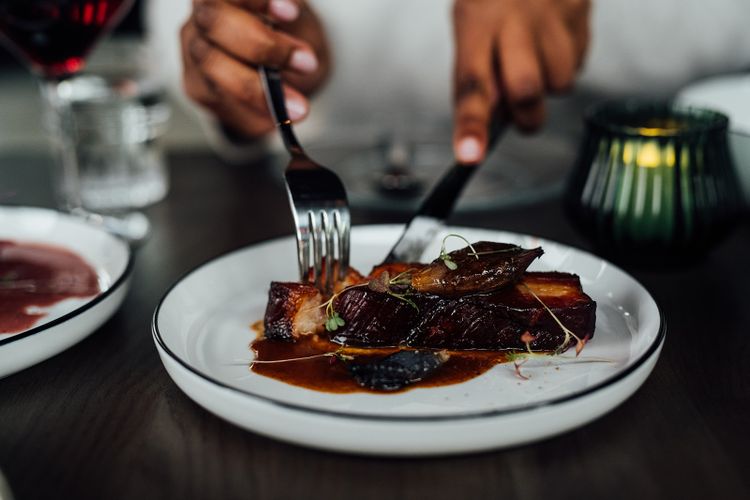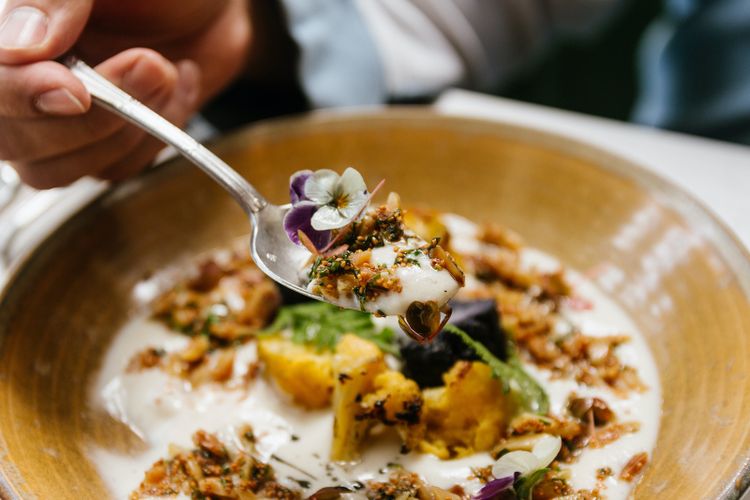Joël Chapoulie: Rigour, humility and l’Express

Joël Chapoulie: Discipline, humility and hard work to build the institution l’Express
Joël Chapoulie retired in 2012 after 32 (!) wonderful years as chef of the iconic restaurant l’Express. We spoke with this humble, hard-working and talented man about what makes an establishment an institution and a person a good chef.
A little background
Joël attended the École Hôtelière de Toulouse (in the south of France), which was an opportunity for him to get out of the traditional education circuit. Joël’s courses lasted three years, and along with internships in the dining room, kitchen, reception, and hotel management, he eventually obtained diplomas in cooking and pastry-making, as well as a hotel management certificate.
Then, in 1966, Joël had to do his military service before returning to France to work. One of his friends who had spent some time in Montreal told him about Expo 67 and Joël decided to come to Montreal. Arriving here towards the end of Expo, the young Joël got a few jobs here and there to “survive”.
After a difficult period, and not yet having any contacts in the restaurant industry, Joël accepted a return to the kitchen at the bottom of the ladder as a prep cook. Afterwards, several restaurants in Old Montreal — Chez Pierre, Le St-Amable, Les Halles and a dozen others throughout the city — provided him with training for all positions of a kitchen team. “I worked six to seven days a week, with breaks in the middle of the day. When you love it, you don’t count. I learned then the rigour of the work and the respect of others.”
Hard work and humility
It is thanks to this formative path that Joël became a chef known for his hard work and humility. From prep cook, Joël moved on to cook, then chef de partie, then he earned the position of sous-chef, which ultimately led him to that of chef; experience and maturity helped.
According to him, being a chef is a culmination of the chef’s profession: “The cooking profession is one where you have to dedicate yourself. Being a chef should be an outcome, not the primary goal. I don’t think much of star chefs on TV; it should be called cooks’ battle, not chef’s battle, that would be more accurate. The speed with which people declare themselves chefs these days is indecent. They open restaurants as if overnight they were manager-restaurateurs or chef leaders. They have almost no professional experience. It’s easy now to access recipes online and get great ideas; with all the reading available, you end up with something that’s good, but a little light to go far. You can’t build for the long haul if you don’t have a solid foundation; learning, technique and training are staple to being a good cook.”
L’Express and Joël Chapoulie
L’Express restaurant opened in 1980 and was an overnight success! The address was first conceived for people who wanted to eat after going to the theater and it was the only restaurant in Montreal at the time that was open until 2 a.m. The French brewery — bistro style, stylish, lively atmosphere, waiters dressed in chic black and white — was highly regarded by the media and the cultural world.
The owners François Tremblay, Colette Brossoit, and Pierre Villeneuve opened the restaurant with people who had no real experience in the restaurant industry. They were themselves in the kitchen trying to do their best. After eight months of success, they could no longer keep up and had to restructure. They placed an ad looking for a chef; Joël applied, and got the job.
At l’Express, between 300 and 400 covers are prepared each day, so changes had to be made with accuracy and precision. From the moment he started at l’Express, Joël Chapoulie quickly saw the challenges and met them with flying colours. Quietly, he proposed changes and over time, he built the team, introduced new dishes and convinced management that he was the right person.
How to be a chef
He had to manage his team skillfully and managed to do so elegantly. “One of the things I learned very quickly at l’Express was to manage the staff. Assessing everyone’s abilities and giving them responsibilities accordingly is paramount to a good chef. Knowing where people excel and promoting them is important. At the time there were 23 of us in the kitchen (!), that’s a lot of different egos to manage: 75% of your energy is in managing the staff. To be a good chef, you also have to be a good leader, and you have to be humble. You have to train others, you have to be able to work as hard, if not harder than they do. The knowledge and training you have allows you to be more efficient; you have done every job in the kitchen, you know what to demand; it allows you to be fair.”
He continues, “You need a great sense of human psychology in the restaurant industry; you need to know how to surround yourself with people, to trust them, to delegate and to be a real team. You can be an excellent cook, but to be a good chef, you need many other qualities. Being at least good in the kitchen is a start. Then you need to have enough intelligence to surround yourself with good people; those who have a deep knowledge of cooking, who value honesty, ethics, hard work, and rigour. Cooking is a work chain, a team; mutual trust and responsibility for each other is paramount.”
Making the menu shine
Joël’s next challenge was to make the menu at l’Express shine. Critics loved the place, but would always talk about the atmosphere, and never the menu. “I told myself it had to change, and I would get it right. Consistency is one of my favourite words. To get to consistency in a job like cooking, you have to be very thorough. You have to work at it every day, you have to be there, constantly there, to make sure it’s consistent and set an example for others. It took a lot, but we ended up getting noticed.”
The menu did indeed take its place, and it ended up being recognized for its excellent brewery cuisine and menu of classics. The sorrel soup and liver mousse, among others, have been there since the beginning! Otherwise, everything else on the menu has changed. At the time, there weren’t really any dishes like bone marrow or hangar steak; it was Joël who brought them in. To please the regulars and to respond to the critics, Joël also developed daily specials: “As a chef, you have to be able to show off a little, and for the customers, you have to be able to offer them changes. Even so, they still choose the classics from the menu!” Thus, the menu has solidified and become truly classic and untouchable. People come from all over to savour a good meal at l’Express in their vibrant atmosphere.
Joël Chapoulie now devotes himself to Thai-chi: “I’ve been doing Thai-chi for a long time, it’s a passion that I can fully exercise now. Thai-chi has taught me a lot and has served me well in my career: self-knowledge, mastery, rigour, evaluation of the other — looking at the person in front of me —, flexibility, and physical fitness necessary for a chef.”
A timeless institution
L’Express is a timeless place. Firstly because of the space, and architect Luc Laporte’s classic and remarkable decor; you can’t do better in style; everything is balanced just right. Secondly, the place exudes a truly unique atmosphere. Over the years, Joël’s menu has become a repertoire of staple classics with renowned precision. If l’Express is recognized as an institution today, it’s largely thanks to chef Joël Chapoulie. In an age where people want to have everything very quickly, it is refreshing and reassuring to see that things that really last often require a lot of love and patience. Joël Chapoulie’s journey and dedication to l’Express is, in our opinion, a remarkable model of a cook and a great chef.
Written by Élise Tastet
